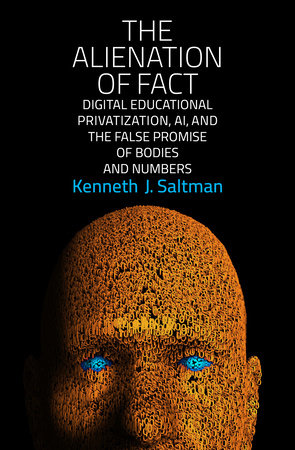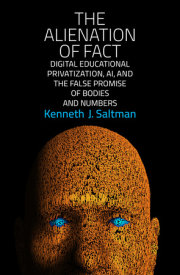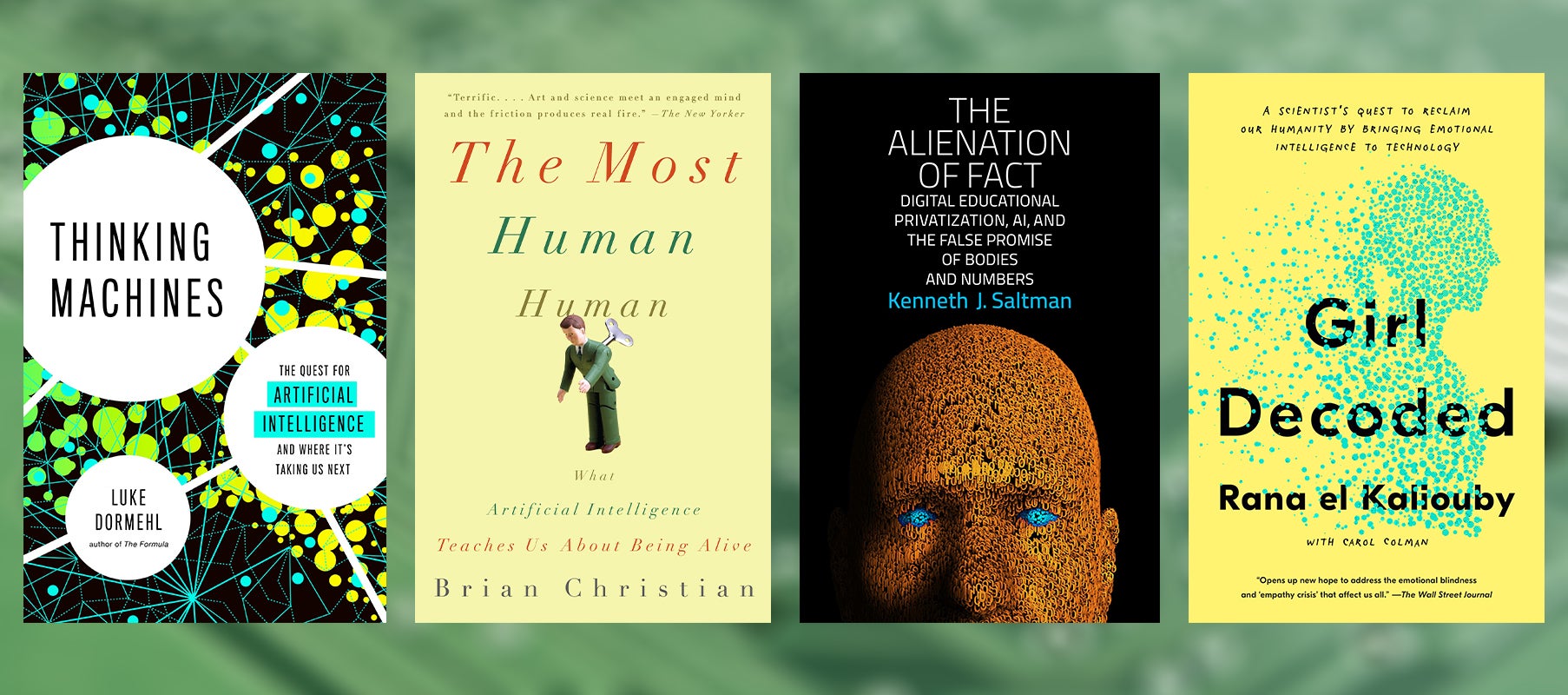Preface vii
Acknowledgments x xiii
1. The Alienation of Fact: Antitheory, Positivism, and Critical Pedagogy 1
2. Artificial Intelligence and Digital Educational Privatization 25
3. New Directions of Global Educational Privatization: Digital Technology, Social and Emotional Learning, and the Quantification of Affect 47
4. The Lego Foundation and the Quantification of Play 67
5. Conspiracy Against Theory: The Educational Conditions for Rampant Conspiracy Theories 87
6. Trust in Numbers, Distrust of Experts: Education, New Technology, and the Paranoid Politics of Disinterested Objectivity 105
7. "Privilege Checking," "Virtue Signaling," "Affinity Groups," and "Safe Spaces": What Happens When Cultural Politics is Privatized and the Body Replaces Argument 133
Conclusion 145
Notes 149
Bibliography 181
Index 195





